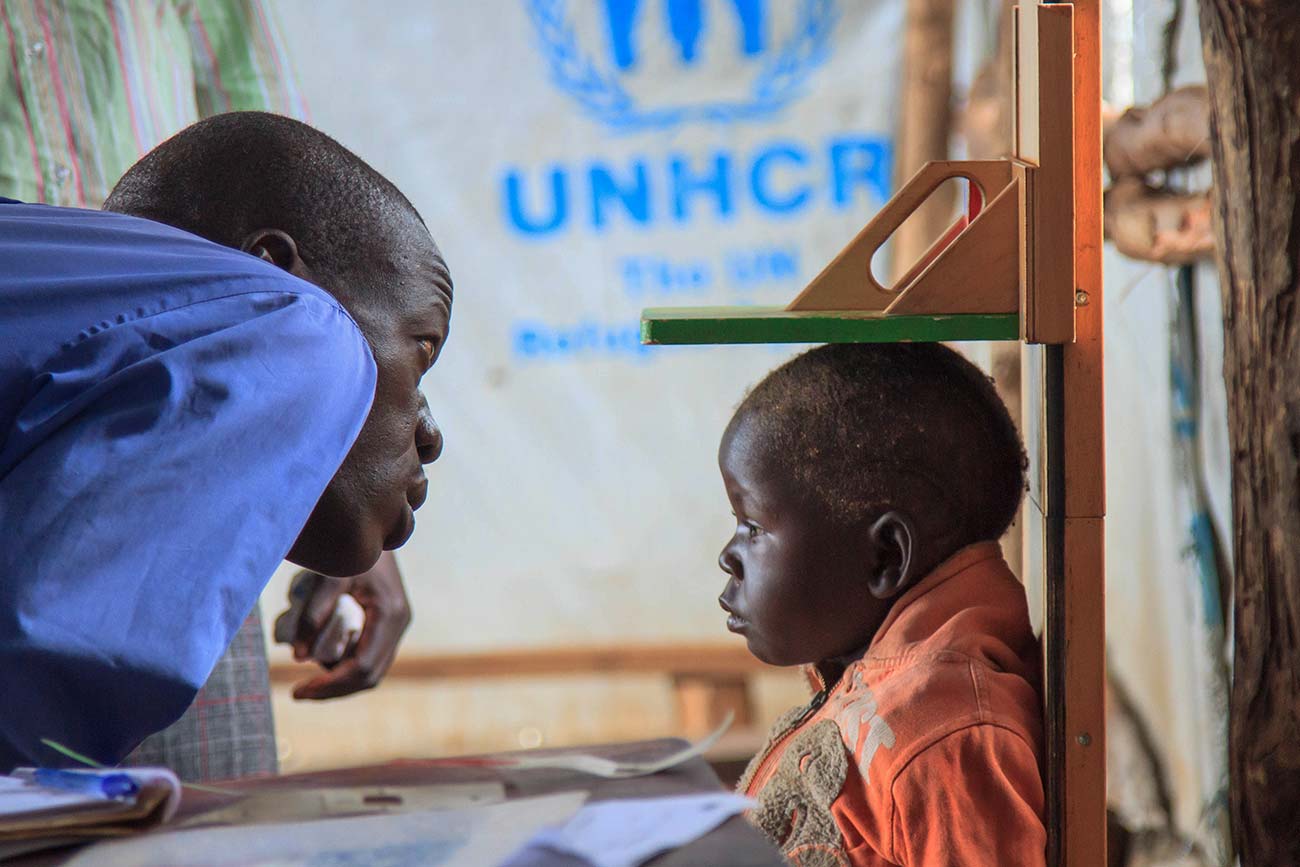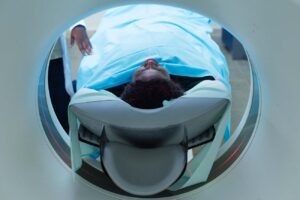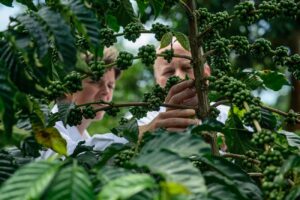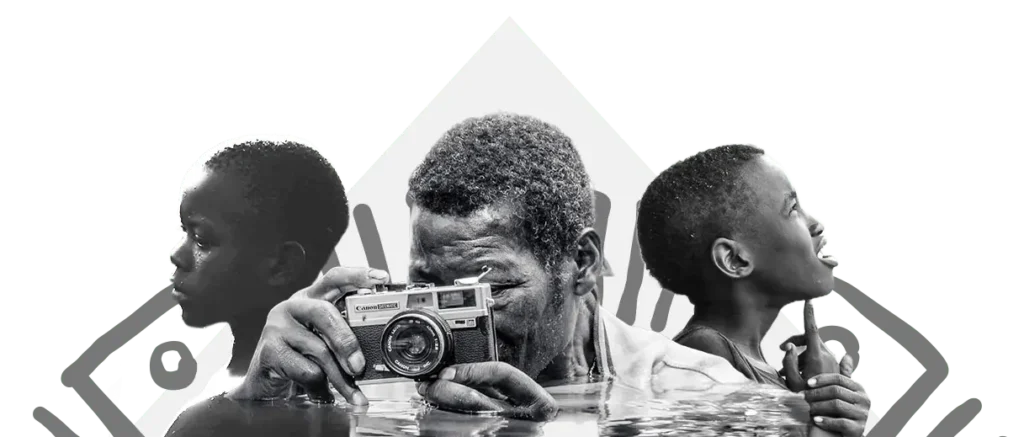
Funding Uganda's Refugee Camps: Balancing Urgency and Sustainability
In the wake of humanitarian crises, refugee camps emerge swiftly, intended as temporary solutions. However, these settlements can persist for decades, evolving from makeshift shelters into complex urban centers.
Nakivale, Uganda, holds the distinction of being Africa’s oldest refugee settlement and stands as a beacon of progressive refugee policies globally. However, the settlement faces pressing challenges, including dwindling arable land, environmental degradation, water and firewood shortages, and inadequate infrastructure.
This Settlement Profile delves into Nakivale’s physical, socio-economic, and policy dynamics, offering insights and recommendations. The report advocates for an innovative approach to land and resource management, fostering livelihood opportunities, investing in infrastructure for self-sufficiency, and integrating Nakivale into the regional development plans.
Highlighting strategic, socio-economic, environmental, and spatial prospects, the Settlement Profile explores development scenarios. It emphasizes the contrast between maintaining the status quo and embracing spatial and institutional integration, showcasing the potential impact of both paths.
Nakivale’s legacy is intertwined with its resilience and forward-looking policies. By addressing its challenges head-on and adopting an inclusive, sustainable approach, Nakivale can continue to serve as a model of progress while securing a brighter future for both refugees and the host community.
While originally meant as stopgap measures, the endurance of refugee camps is hard to predict.
Bidibidi in Uganda and Kutupalong in Bangladesh are some of the world’s largest refugee camps. Camp roles shift as they grow, transforming from mere shelters to unintentional long-term homes.
However, the semi-permanence of these camps hinders adequate development. Basic facilities, transport, and job opportunities are often lacking, affecting residents’ quality of life.
Refugee camp operators strive to enhance facilities. Bidibidi, for example, involved clearing forests and constructing roads to accommodate South Sudanese refugees.
Infrastructure is essential for daily life in camps, enabling mobility, energy, and information flow. Improved camps can enhance health, living conditions, education, and self-esteem, benefiting both refugees and host countries.
Refugees’ economic potential is often untapped, hindering their self-worth and host countries’ growth. Allowing refugees to work, as in Uganda, proves beneficial. Camps should be designed to foster entrepreneurial activities, turning them into economic assets for both residents and host nations.
Refugee camps need not remain economic burdens. With the right infrastructure, these settlements can empower residents, benefiting them and their host countries in the long run. The challenge lies in crafting these camps with care and efficiency to accommodate both social and economic considerations.
Some of the major Funders of Refugee Camps in Uganda (Source: USAID Report)
According to a USAID report, the following organizations have been significant contributors to funding refugee camps in Uganda:
– United States Agency for International Development (USAID)
– United Nations High Commissioner for Refugees (UNHCR)
– European Union Humanitarian Aid and Civil Protection (ECHO)
– Norwegian Refugee Council (NRC)
– International Rescue Committee (IRC)
These organizations have played a vital role in supporting the infrastructure, services, and overall well-being of refugees in Uganda’s camps.
It was a great pleasure photographing in Nakivale with FP-ICGLR uganda



